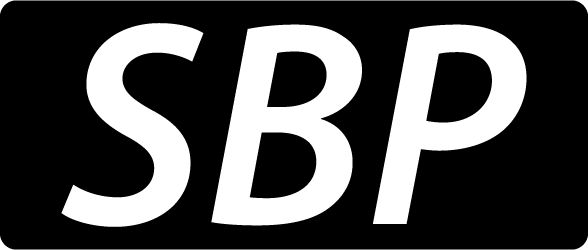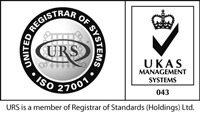Advantages
- It’s very easy to read, being suitable for experienced users, as well as for beginners
- Ruby is one of the cleanest programming languages since there is little punctuation
- The standard library has integrated RSS support
- Being among the most popular programming languages, there are tons of online guides you can check out
- It flaunts up-to-date flow control structures
Disadvantages
- Slow processing. According to various benchmarks, Ruby has a low processing power compared to other languages
- Even though Ruby is quite easy to learn, at the end of the day it’s a relatively new language, so you have to start from scratch
- Given that declaring variables before use is not required (which can be actually a benefit), as a consequence, run-time errors would be difficult to detect
- Slow updating system. Ruby does not receive updates and bug fixes as quickly as other programming languages, like PHP, for instance.
Components
- Strings
- Collections
- Control structures
- Blocks and iterators
- Classes
- Exceptions
Development Tools
- RubyMine
- Arcadia
- NetBeans
- Eclipse
- Komodo
- Aptana







